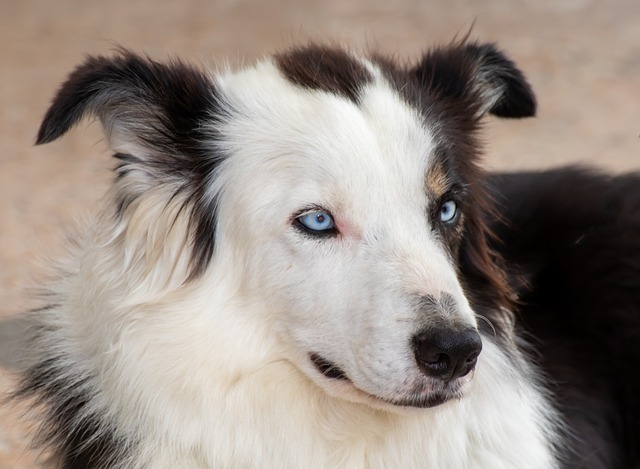
How do i train my dog to be obedient?
Watching your dog dart across the park ignoring your calls isn’t just frustrating—it can put them at risk near busy streets or public spaces.
Border collie puppies are sharp, energetic, and eager to please—traits that can make potty training a rewarding challenge. Start early, ideally the day they step into your home. These pups thrive on routine, so set a schedule that aligns with their tiny bladders. Take them out first thing in the morning, right after naps, after meals, and before bed. Consistency here isn’t just helpful; it’s key to building good habits.
Choose a designated spot in your yard for their business. Border collies learn through association, so returning to the same area helps them connect the location with the task. While outside, use a simple cue like “go potty” in a calm tone. They’ll start linking the phrase to the action with time.
Puppies have short attention spans, so keep outdoor sessions focused. Wait 5-10 minutes, and if they go, celebrate like it’s a big win—cheer, give a small treat, or play a quick game. Positive reinforcement sticks with them better than scolding. If they don’t go, bring them back inside and try again in 15-20 minutes.
 Accidents happen, especially with young border collies. When you catch them in the act, calmly interrupt with a gentle “uh-oh” and guide them outside. Never yell or rub their nose in it—that teaches fear, not good behavior. Clean up accidents thoroughly with an enzymatic cleaner to remove odors; leftover smells might encourage repeat mistakes.
Accidents happen, especially with young border collies. When you catch them in the act, calmly interrupt with a gentle “uh-oh” and guide them outside. Never yell or rub their nose in it—that teaches fear, not good behavior. Clean up accidents thoroughly with an enzymatic cleaner to remove odors; leftover smells might encourage repeat mistakes.
As they grow, adjust the schedule. Most 3-month-old border collies can hold it for 3-4 hours, so gradually extend time between breaks. Keep an eye on their signals—sniffing, circling, or pacing means they need to go. Learning these cues helps you stay one step ahead.
Remember, local laws matter. Many areas require cleaning up after your dog in public spaces, and some have leash rules even in yards. Familiarize yourself with local regulations to keep both your pup and community happy.
Patience is your best tool. Border collies catch on fast, but every puppy learns at their own pace. By 6 months, most are reliably potty trained. Stay consistent, stay positive, and enjoy watching your smart pup master this important skill—it’s the first step toward a happy, healthy life together.

Watching your dog dart across the park ignoring your calls isn’t just frustrating—it can put them at risk near busy streets or public spaces.

New puppy owners often find themselves rushing to clean up accidents before they set in, and that’s where puppy pad training becomes a game-changer.

If you've noticed your dog's waistline disappearing and your veterinarian has mentioned those few extra pounds, your first instinct might be to simply reduce the amount of food in their bowl.

Training a dog to use a designated spot indoors isn’t as daunting as many new owners fear, but it does take consistency and an understanding of your pet’s needs.

That moment of dread on a walk is all too familiar for many new dog owners. You see another dog approaching down the sidewalk of your neighborhood

If the sight of another dog on your neighborhood walk makes your heart sink as your own dog erupts into a frenzy of barking and lunging, you're not alone.